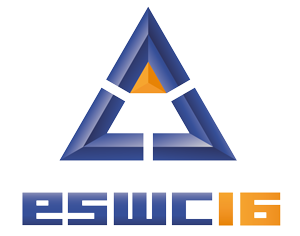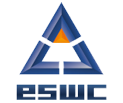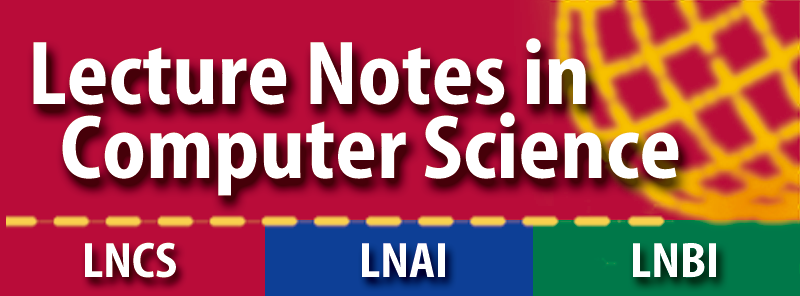Call for Demos
The Demonstrations Track of the ESWC 2016 complements the overall program of the conference with demos of real-world, applied-and-tested advances of semantic technologies. In addition to papers and posters presenting latest theoretical achievements, ESWC 2016 is seeking demonstrations of novel applications of semantics in various sectors, including: Urban Life and Mobility, eHealth, eGovernment, eEnvironment, Life Sciences, Sensor networks and RDF Stream Processing, Linked Science, Media and entertainment, Telecommunications, Cultural heritage, Financial services, Energy and utilities, Manufacturing, Digital libraries, Cloud applications, Personal Information Management, Decision support, Emergency and crisis management covering also inter-sectorial aspects of Cognitive Computing, Data Semantics, and Natural Language Processing.
The Demonstrations Track is an opportunity for researchers and practitioners to present their innovative prototypes, practical developments, on-going projects, lessons learned and late-breaking results, relevant for the topics of interest of the main conference and the research and poster tracks.
Submissions to the demonstrations track should make clear what will be demonstrated, and in particular point out what makes the demonstration a novel showcase. A video of the demo should be provided if a link to the demonstrator is not available. The submission should also specify:
- What is the research background and application context of the demonstration, and what makes this a novel showcase for semantic technologies.
- What is the key technology used, and how does the demonstrated system, application or infrastructure relate to pre-existing work.
- What exactly will be demonstrated? What exactly will a visitor of the demonstration learn?
Prize and minute madness
Accepted demo will be included into the “minute madness” pitch introducing the poster and demo session during the conference. They will also be enrolled into the competition for the best demo of ESWC 2016. More information about the “minute madness” material and program will be provided to the authors of accepted submissions.
Submission Guidelines
Submissions to the demonstrations track must be in the form of a textual description of the demonstration to be given at the conference (which may include screenshots and must include either a link to the online demo or a video presenting it). The submissions must be at most 5-page long including references (Springer LNCS style, https://www.springer.com/computer/lncs?SGWID=0-164-6-793341-0) and submitted as PDF. Decisions about acceptance will be based on relevance to the Semantic Web area, originality, potential significance, topicality and clarity. Papers that exceed the given page length or do not follow the LNCS guidelines will be rejected without a review. Submissions must be uploaded on Easychair selecting the ESWC 2016 Demos Track at https://easychair.org/conferences/?conf=eswc2016pd .
Important Dates
- Submission Deadline: March 10, 2016
- Notification of Acceptance: April 4, 2016
- Camera-Ready Paper: April 18, 2016
All deadlines are intended to be 23:59 HST (Hawaii Time).
Important Notice
Demo papers will appear in supplementary post-conference proceedings to be published by Springer in the Lecture Notes in Computer Science series. Participants with an accepted demo paper must register for the conference and present their system during the Demo Session. A space for demonstration will be allocated for each participant. Participants should use their own laptop for the demos. The organizers should be contacted well in advance of the conference in case of any special requirement.
Poster and Demo Chairs
Giuseppe Rizzo (ISMB, Italy)
Nadine Steinmetz (Technical University of Ilmenau, Germany)




fdc0.png?itok=frdrz8IM)




